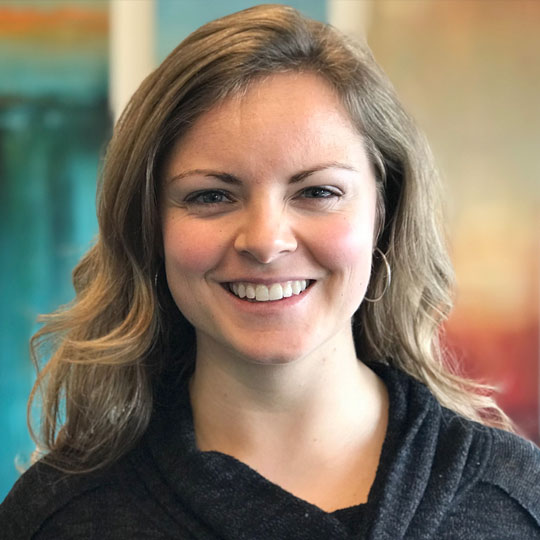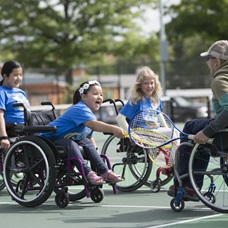Better Together
St. Luke’s releases updated Help Is Here! guides, sharing mental health and suicide prevention resources

St. Luke’s Community Health and Engagement team announces the release of community resource guides for suicide prevention, emotional and mental health support in all its operating regions. Previously, St. Luke’s Help Is Here! guides were only available in limited counties.
- Adams and Valley counties guide: English (pdf), Spanish (pdf)
- Blaine county guide: English (pdf), Spanish (pdf)
- Elmore county guide: English (pdf), Spanish (pdf)
- Greater Treasure Valley guide: English (pdf), Spanish (pdf)
- Twin Falls and Jerome counties guide: English (pdf), Spanish (pdf)
The updated guides are available in both English and Spanish and share important information about mental health risk factors to watch for, urgent warning signs, and where community members can access support ranging from counseling and prevention to crisis intervention.

These guides are a small part of St. Luke’s Health System’s larger focus on mental and behavioral health and well-being in the state since, according to Mental Health America’s 2024 data, Idaho ranks 42 out of 51 for adults and 40 out of 51 for youth for prevalence of mental health challenges and access to care.
“St. Luke’s understand that mental well-being is crucial to the overall health of our communities,” said Erin Pfaeffle, senior director of Community Health and Engagement. “Our hope is that our Help is Here! guides provide helpful, local resources to those seeking care. We want community members to know that mental illness is treatable, help is available and that healing is possible.”
While the guides provide information about local resources, if you or someone you love needs immediate mental health support, call or text 988, the Idaho Suicide & Crisis Lifeline for free and confidential support, 24/7. You don’t have to be suicidal to reach out. Services are available in Spanish, too.
Moving mental and behavioral health care upstream
Along with these guides, St. Luke’s actively seeks opportunities to increase access to mental and behavioral health support and services. Funding to community partners increases access to no-fee and low-fee counseling, crisis support, wrap-around services and early detection and intervention.
In recent years, St. Luke’s community health and engagement team has actively sponsored Communities for Youth (C4Y) initiatives to address youth mental health through an evidence-based prevention approach. Communities for Youth is gaining traction in multiple communities across our footprint and is already seeing notable successes. In one participating school district, middle and high school students’ self-reported depression rates decreased by more than 52% in a two-year period. Communities for Youth, St. Luke’s and other community partners are committed to expanding the model to new communities across our footprint and the entire state of Idaho.
Between these guides and the other upstream investments and efforts, St. Luke’s is working to do its part to address mental and behavioral challenges and improve people’s overall well-being.
About The Author

Alexis Bennett is a consultant for St. Luke's Community Health and Engagement.


